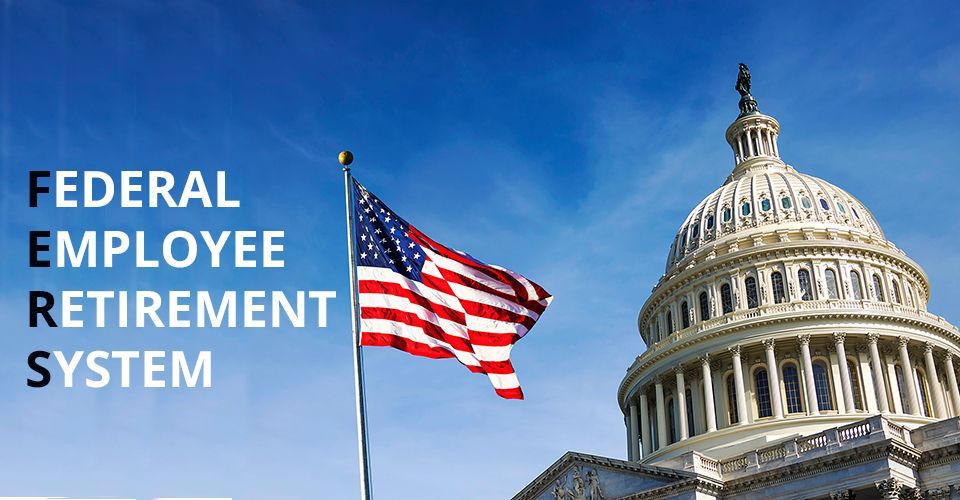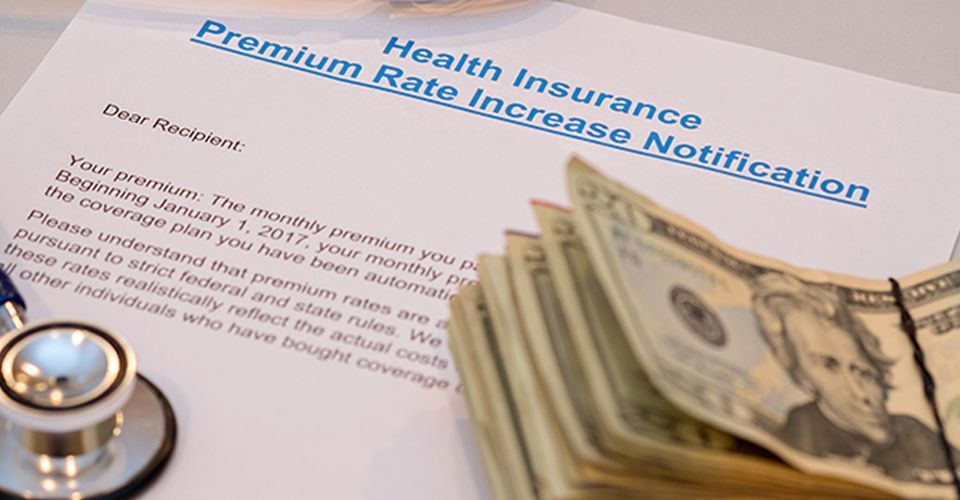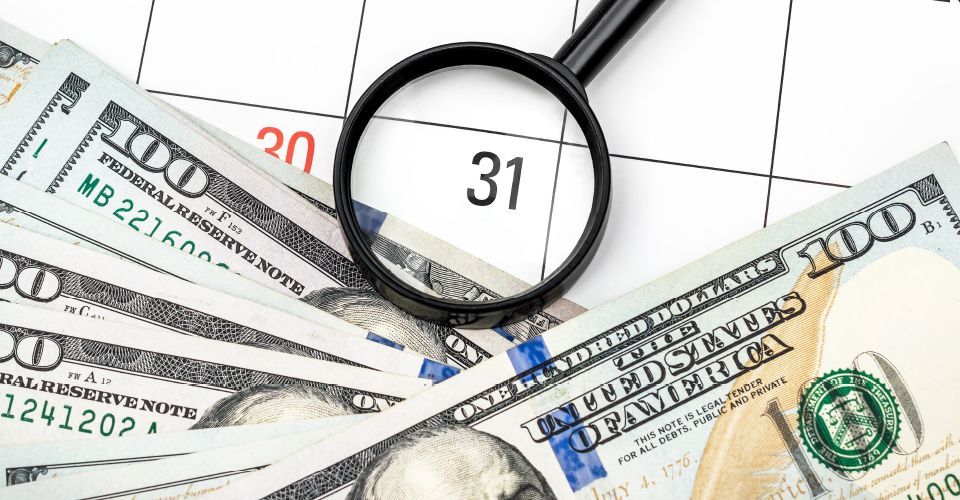Clocking Out: The Best Dates to Retire from the Feds in 2024 and Beyond

Maximizing Leave Lumps and Avoiding the Backlog Blues in 2024
This year, savvy Feds can snag some sweet deals by retiring on:
- May 31 or June 29: These dates coincide with the end of a bi-weekly pay period, allowing you to cash out on all your accrued annual leave for a fat lump sum payment. Plus, you escape the holiday season rush at OPM, meaning faster processing for your well-deserved pension.
- November 30: Similar to the above, this marks the end of a pay period and maximizes your leave payout. And with December looming, you can start your retirement with that fresh, "new year, new me" feeling.
- December 31: The undisputed king of retirement dates, December 31offers the full year's worth of leave lump sum and your January pension check. However, be warned: the OPM gets swamped at year-end, so expect some processing delays.
Balance Leave and Salary During the "Goldilocks" Year of 2025
Next year, the optimal dates consider both leave payouts and continued salary accrual:
- January 11: Retire on this date to receive your December 31 leave lump sum plus eight days of additional salary and your full January pension.
- May 30, June 27, Oct 31: Again, these dates capitalize on maximizing your bi-weekly leave payout before the next cycle begins.
- September 30: Retiring on this date balances leave lump sum with three months of additional salary (July, August, and September). Perfect for those wanting a bit more financial cushion before officially calling it quits.
The Takeaway: Knowledge is Power in the Retirement Maze
Retiring from the federal government is a complex adventure, but with the OPM's guidance and this roadmap, you can navigate the labyrinth with confidence. Remember, the "best" date is the one that best suits your unique financial and personal circumstances. So, do your research, plan meticulously, and embrace the exciting new chapter that awaits you beyond the government cubicle walls. And as you bid farewell to the federal grind, remember: you earned this retirement, savor it!
Planning Your Federal Retirement? Download Our Free Guide!
Are you a federal employee planning to retire before 2030? To help you navigate federal retirement options and maximize your benefits and payout, download our FREE 2024-2030 Best Dates to Retire Guide for Feds today!
More Featured Articles









